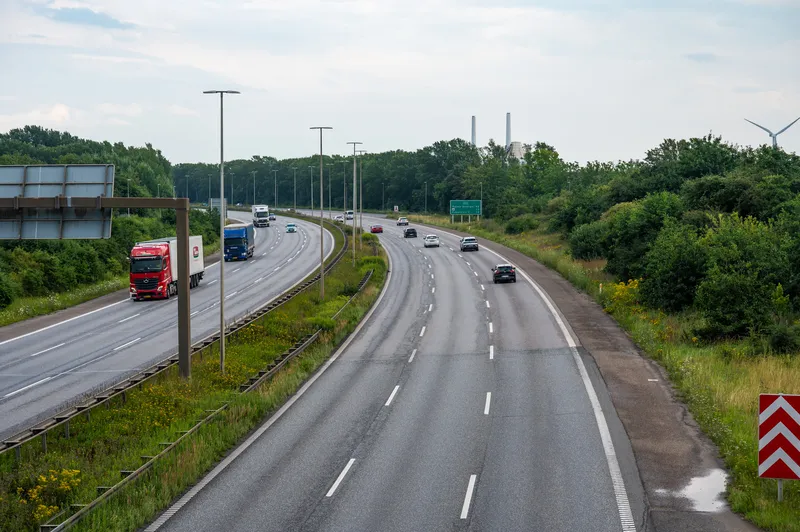
UTA Edenred, a European mobility service provider, said its UTA One and UTA One next toll devices are compatible with changes to Denmark’s tolling system.
On 1 January 2025, Denmark is replacing the Europe-wide Eurovignette system with a kilometre-based toll system. In other Eurovignette member states - Netherlands, Luxembourg and Sweden - the current toll solution remains in place.
The new Danish toll, which includes a CO₂ tariff, applies to vehicles weighing 12 tonnes or more, except for buses. The Danish network encompasses 10,900km of roads. The tariff varies depending on the weight of the vehicle, CO₂ emissions class and number of low-emission zones crossed. Danish low-emission zone cities include Copenhagen, Frederiksberg, Odense, Aarhus and Aalborg.
The Danish toll operator will not provide a national toll device. Instead, it will offer optional route booking in advance through a credit card. The new Danish toll can be settled with UTA Edenred’s UTA One and UTA One next toll devices. To do this, UTA customers will have to activate the toll context in the UTA Service Center.
“We support our customers through changes to the European toll system to ensure their ongoing mobility,” said Olaf Schneider, director for tolls and business services at UTA Edenred. “This means that UTA customers can continue to rely on their tried-and-tested UTA One and UTA One next devices for journeys in and through Denmark from the first of the year.”
Aligning to the European Electronic Toll Service (EETS) standard, the UTA One and its successor, the 4G-capable UTA One next, support toll settlement in multiple European countries for cross-border travel. Currently, UTA One next can be used in 18 countries while UTA One can be used in 17 countries.
Founded in 1963 by Heinrich Eckstein, UTA Edenred (Union Tank Eckstein) is part of Edenred, a digital platform for services and payments, connecting 60 million users and two million partner merchants in 45 countries via around one million corporate clients.








